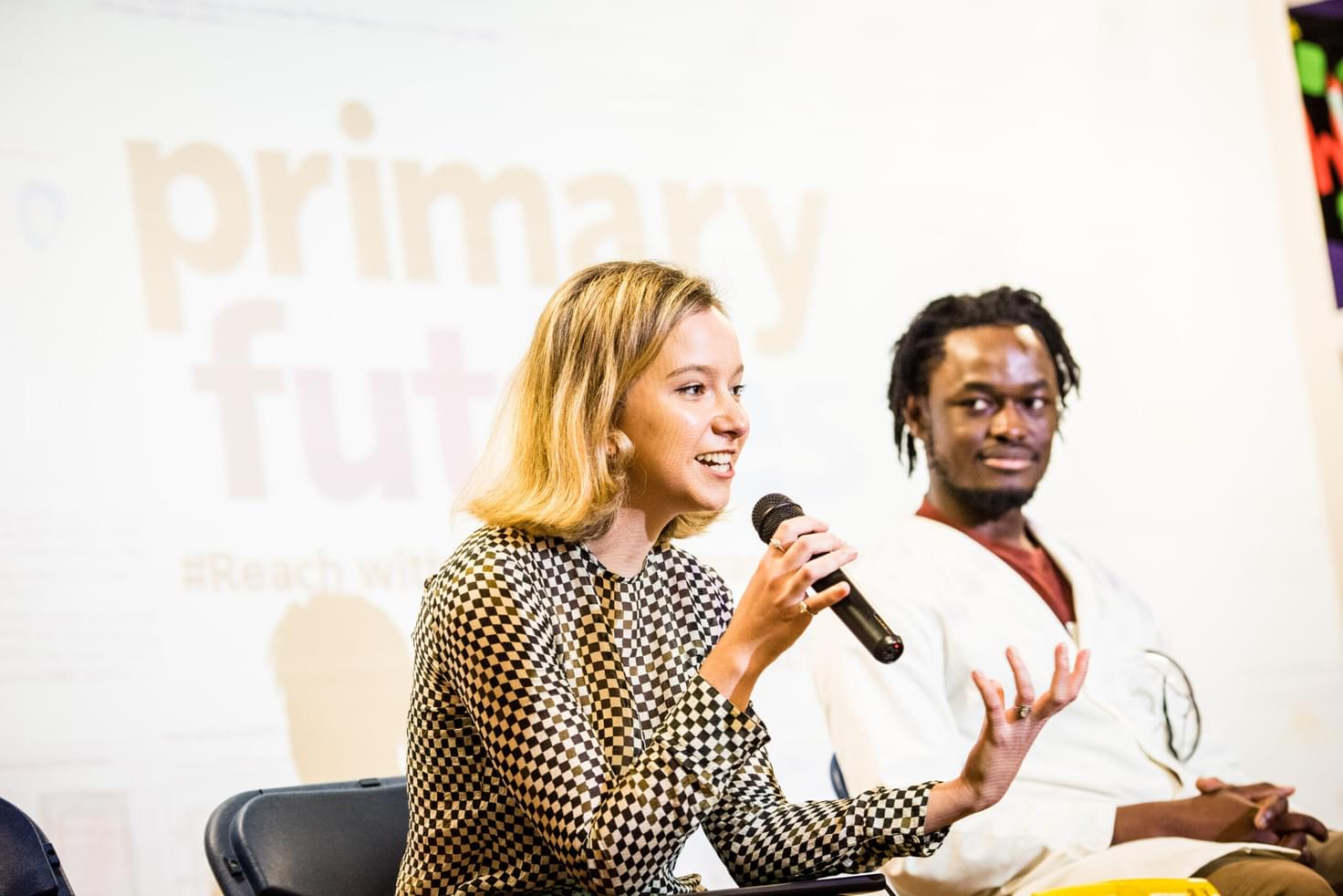
Words by Abi Scaife
Climate change is something that affects us all. Sometimes in small, yet noticeable, changes to our everyday lives. Other times we may not notice those changes at all, or they feel a little far away from home.
Statistically, 70% of young people experience eco-anxiety - while 56% believe humanity is doomed. Though these statistics might seem scary, it doesn’t mean there’s no hope - just that we need to keep looking for it.
Clover Hogan is a 23-year-old climate activist who runs Force of Nature - a non-profit that helps young people turn their eco-anxiety into action. Clover’s passion for the environment began age 11 and, by the time she was 16, she was a student activist at COP21 in Paris.

She walked into COP21 full of hope that the leaders of the world would solve the climate crisis once and for all. Yet, she left disappointed and more fearful than ever.
“I remember feeling, for the first time in my activism, a deep sense of powerlessness,” Clover tells Smiley News, “and a feeling like perhaps the system is too broken and perhaps I am too small to do anything about it.
"It was in those feelings that my teacher introduced me to a word that would completely change the course of my activism and was the seed for Force of Nature. My teacher sat me down and said, ‘Have you have you ever heard of the word eco-phobia?’”
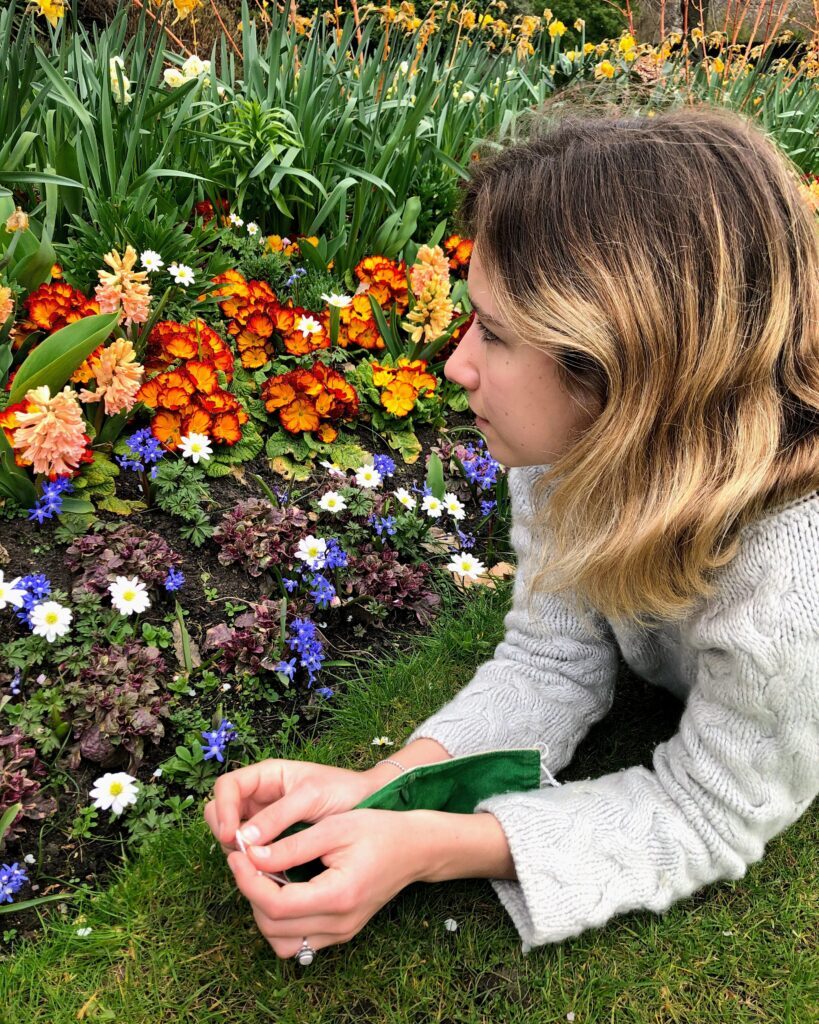
A lightbulb moment
First coined in 1988 by George F. Will as "the fear that the planet is increasingly inhospitable”, David Sobel has since given the term its more well-known meaning - "a helpless sense of dread about the future”.
“This was like a lightbulb moment for me," says Clover, "because, while COP21 showed me we've had the technology, resources and ingenuity to solve the climate crisis for decades, critically, we've lacked mindset. And until we empower people to step up in the face of the climate crisis, we won't solve this problem.”
Despite the statistics, there really is hope for the future. Clover, and her team at Force of Nature, truly believe young people - Millennials, Gen-Z, Gen-Alpha - are that hope.
“We've grown up as the climate generation – we've recognised that the climate crisis is not something to be pushed on to another generation,” says Clover. “We have the most vested interest in solving this problem. And the flip side of that is I think young people really possess the creativity and ingenuity to solve the climate crisis … young people are inherently disruptive and really capable of seeing outside of the system and have a natural tendency to ask ‘why?’”
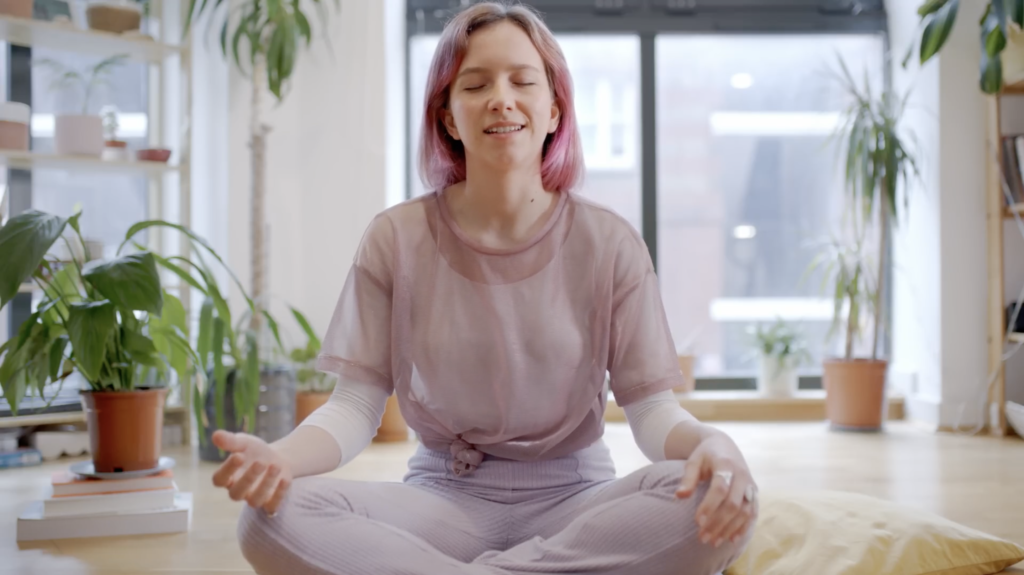
The next logical question, then, is if there really is hope, how do you get rid of eco-anxiety? How do you end that feeling of hopelessness? Trying to push down and deny that fear may be exactly what you shouldn’t do, says Clover.
“Eco-anxiety is a very rational, healthy response,” she says. “In fact, many climate psychologists we've spoken to have said the problem isn't that young people are eco-anxious, but that people in positions of power are not.”
Turn your eco-anxiety into something positive
Rather than pushing away your fears, research by Force of Nature recommends the best thing you can do is to harness them - take that eco-anxiety and turn it into something productive. How exactly do you do that when you’re just one person?
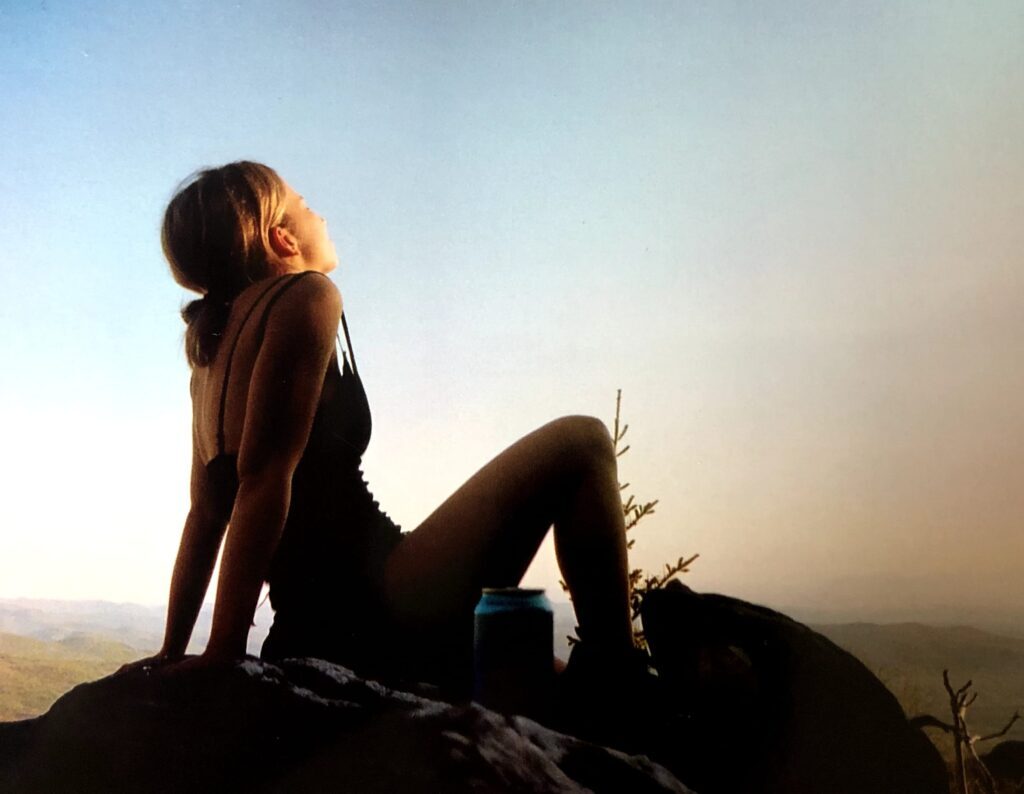
“One of the most important ways to start channelling that eco-anxiety into other feelings like agency and contribution and community is to … to talk to other people about it,” explains Clover. “That's what's so beautiful about the Force of Nature community. It's a really diverse group of young people who come together around that shared experience.”
Force of Nature is dedicated to connecting young people with the same anxieties, and the same dreams, to give them the tools they need to channel their anxiety into action.
One of the main ways they're doing that is through their ‘climate cafes’ - safe spaces for people to come and talk through their anxieties about climate change. Here, they're given tools and resources aimed to help them turn that anxiety into power, and that power into action.
[Read more about climate cafes and how to get involved]
“We found that year on year around COP, search results for eco-anxiety skyrocket,” says Clover. “Because it's front and centre and because it's in the media all the time, it inadvertently can cause a lot of those difficult feelings. So it was from that place that the climate cafes were born.”
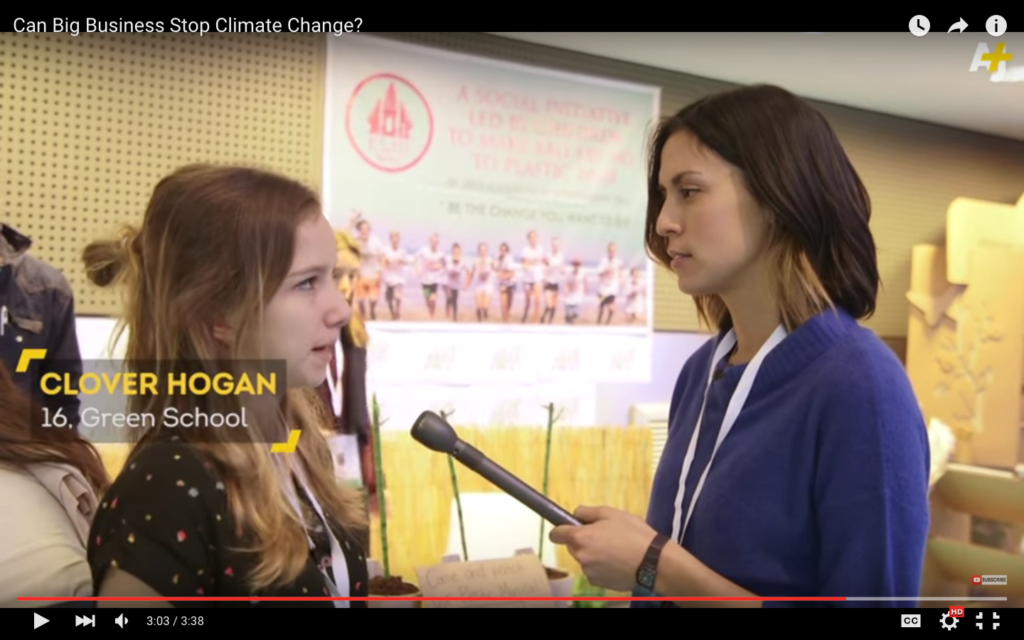
By giving young people a safe place to talk about their big, and often very complex, feelings regarding the environment, you're also giving them room to get creative - to think of ways they can make a change in the world. But, most importantly, you're giving them a team to do it with; people who understand them and support them.
“I feel very grateful to have a community in Force of Nature,” says Clover. “My immediate team, but also the wider community. It just makes you feel less alone - and experiences which by yourself would feel really shitty, you can laugh about.
“These difficult emotions, anxiety, frustration, anger are so important to catalyse us to action, but ultimately, the feelings that sustain our activism are feelings like community and connection and contribution.”
If you’re interested in attending or hosting your own climate cafe, you can do so on the Force of Nature website.